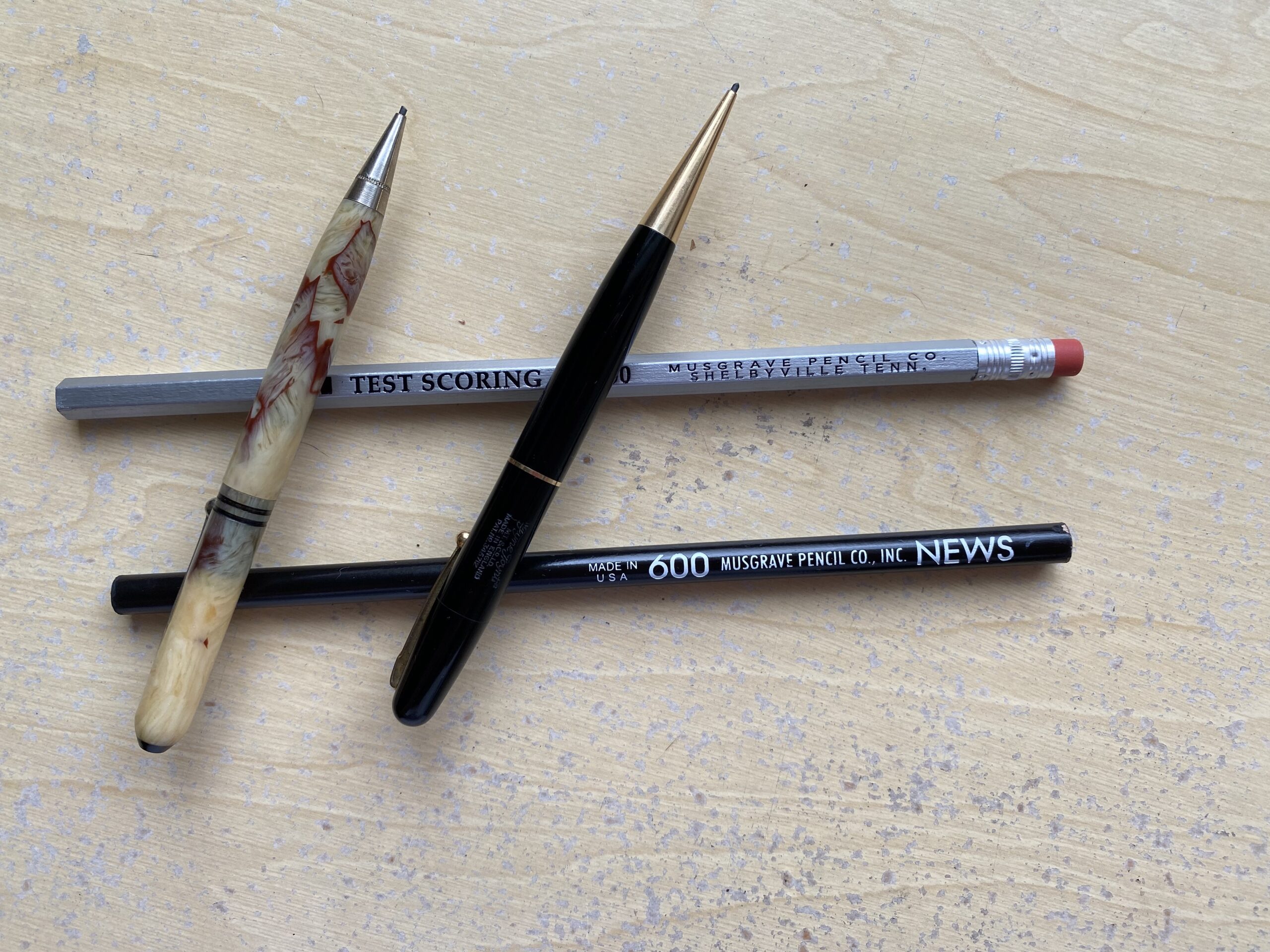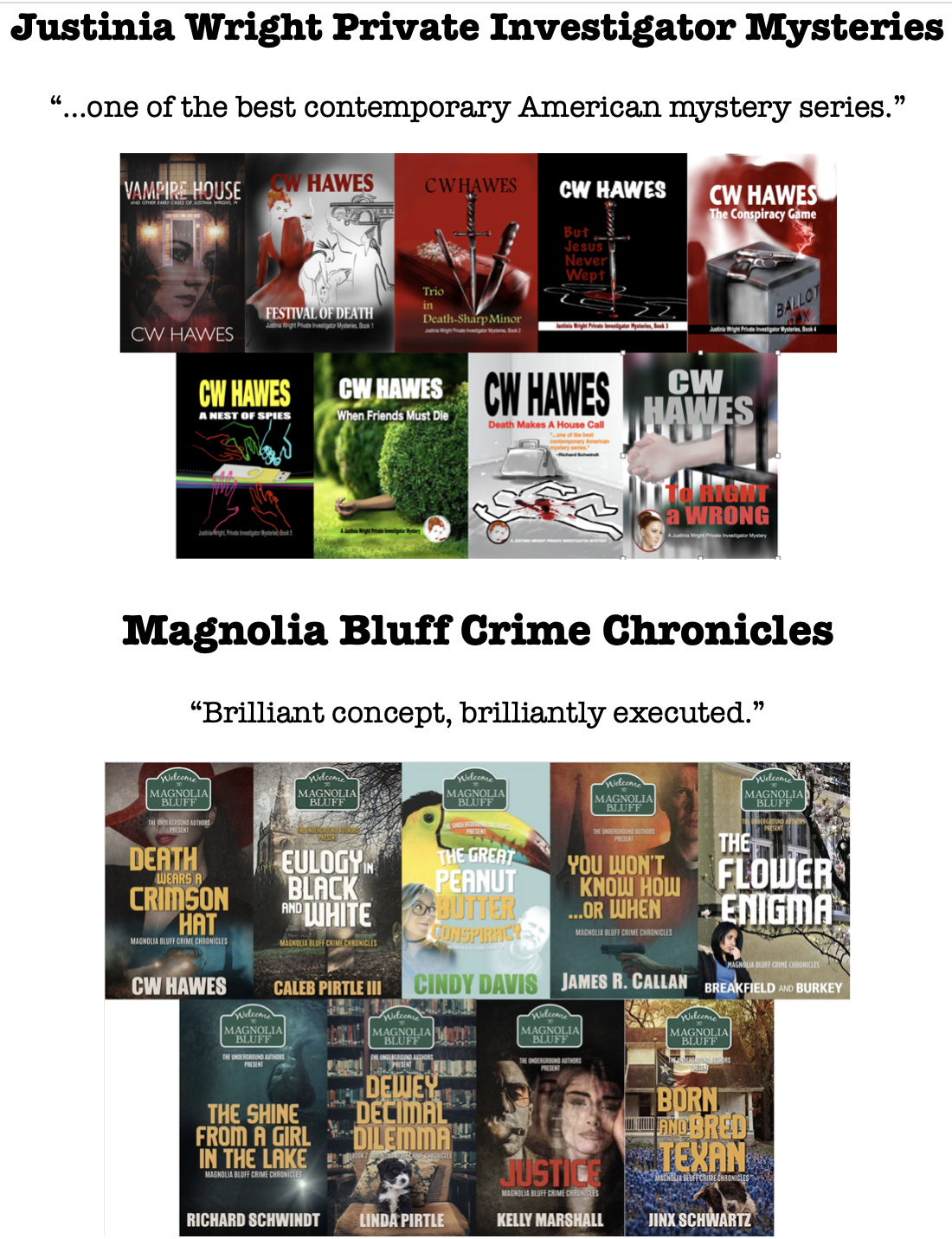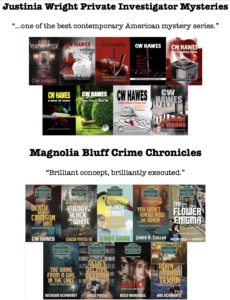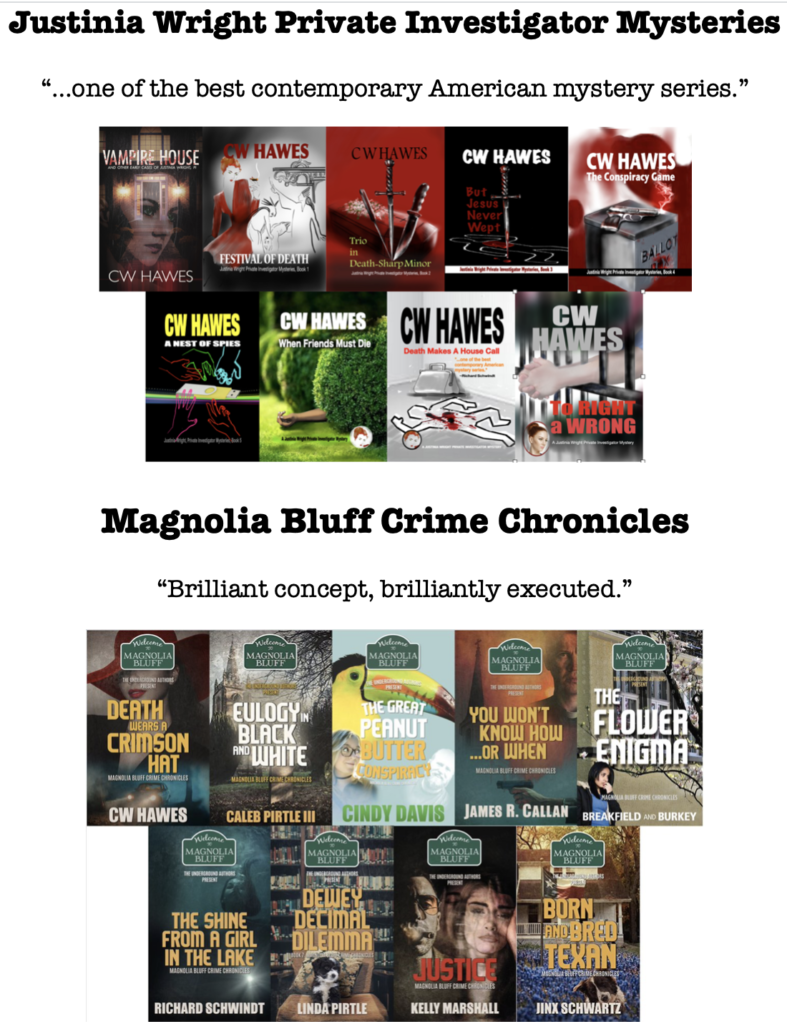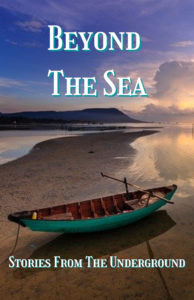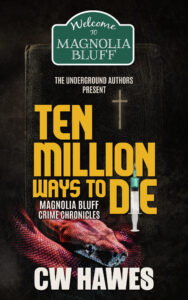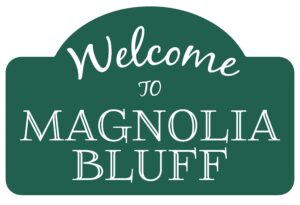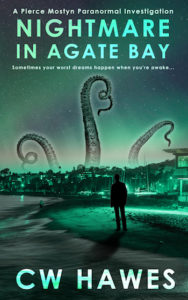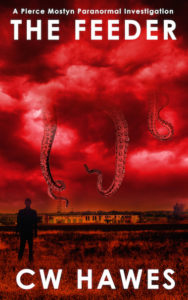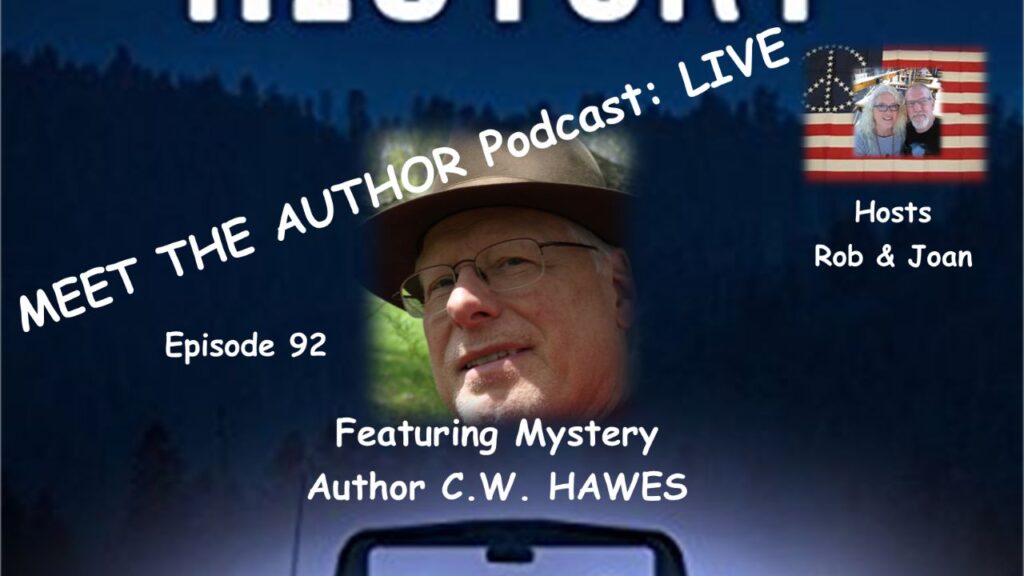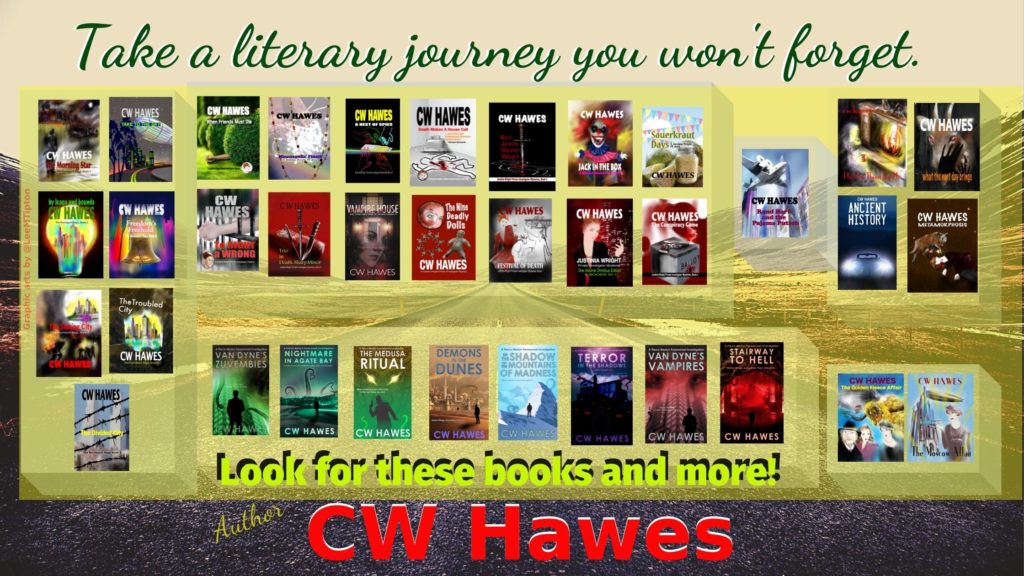I love pencils. Pencils with soft, creamy leads. The kind that flow across the paper as though they were ink: 3B to 6B work best for me.
It’s a bit difficult to find such in the sea of No. 2 (HB) pencils.
Why did the HB pencil become the standard? I have no idea. It’s a hard lead and leaves a faint, light line; unless you press the heck out of it. And who wants to do that? Tendonitis and carpel tunnel, you know.
So if one doesn’t use the old No. 2, what does one use? Good question, that. And I have a few answers.
Woodcased Pencils
The woodcased pencil dates back to the middle of the 1500s. But the pencil as we know it today was simultaneously invented in the 1790s by Joseph Hardtmuth in Austria and Nicolas-Jacques Conté in France.
There are dozens of pencil brands available, but only two are made in the USA. The companies are General Pencil Company and Musgrave Pencil Company.
Both companies make excellent pencils that are very easy on the wallet and whose quality matches or surpasses most of the foreign competition. They are the pencils I use almost exclusively.
Of the two companies, I prefer the pencils from Musgrave because I find their lead has a softer and creamier feel to it. It flows onto the paper like ink.
The 600 News and the Test Scoring 100 are my favorite Musgrave pencils. The lead in those two is soft and dark. Easy on the hands. No writer’s cramp. And I find them to be superior to the newly reintroduced and highly talked about Blackwing pencils, which are Japanese made. And run $2.50 per pencil compared to the 600 News at $1.17 and the Test Scoring at 85¢.
You can buy Musgrave pencils direct from the company: https://musgravepencil.com
Mechanical Pencils
I’m a big fan of mechanical pencils. They are very economical. Much more so than woodcased pencils. And their length never changes, so the feel is consistent in the hand. Plus, the pencil will last several lifetimes when given reasonable care. And the lead sticks are dirt cheap.
My go to pencils are a vintage Sheaffer and a vintage Mabie Todd “Fyne Poynt”.
They use .046 inch/1.1mm leads. The same size found in woodcased pencils.
Both pencils twist to push the lead forward. To load the pencil, simply retract the pusher a bit, insert the stick of lead, then retract all the way.
The Sheaffer and Mabie Todd are my favorites out of the small collection I have. The Sheaffer has a beige-yellow base with red, gray, and black swirls; a black end cap; and silver-colored clip and front cone. The Mabie Todd is black, with gold-colored clip, mid-ring, and front cone. Both are very stunning pencils.
Occasionally I’ll use a lead holder. My interest in them goes back to high school drafting class.
To load a lead holder, you press a button at the back of the pencil body which extends the “claw” from the front. You then insert the lead and let go of the button. The “claw” holds the lead in place.
What’s especially nice about lead holders is that they are about the same length as a new woodcased pencil — and they never get shorter!
The Joy of Pencils
Pencils are a cheap alternative to pens. They produce a fairly consistent line, won’t skip or blob on the paper, won’t dry up, will write at any angle, will always start (I hate when a pen won’t write), and they don’t leak (making them great to use on airplanes, and safe to put in your shirt pocket).
I love pencils and find that I reach for them more often than a pen these days.
Find yourself a good vintage mechanical pencil on eBay and you’ll have a companion for life.
Or visit the Musgrave website and pick up the best woodcase pencils available today.
Comments are always welcome! And until next time, happy reading!
 CW Hawes is a playwright; award-winning poet; and a fictioneer, with two bestselling novels. He’s also an armchair philosopher, political theorist, social commentator, and traveler. He loves a good cup of tea and agrees that everything’s better with pizza.
CW Hawes is a playwright; award-winning poet; and a fictioneer, with two bestselling novels. He’s also an armchair philosopher, political theorist, social commentator, and traveler. He loves a good cup of tea and agrees that everything’s better with pizza.
If you enjoyed this post, please consider buying me a cup of tea. Thanks! PayPal.me/CWHawes
Justinia Wright Private Investigator Mysteries on Amazon!
Magnolia Bluff Crime Chronicles on Amazon!
Share This!